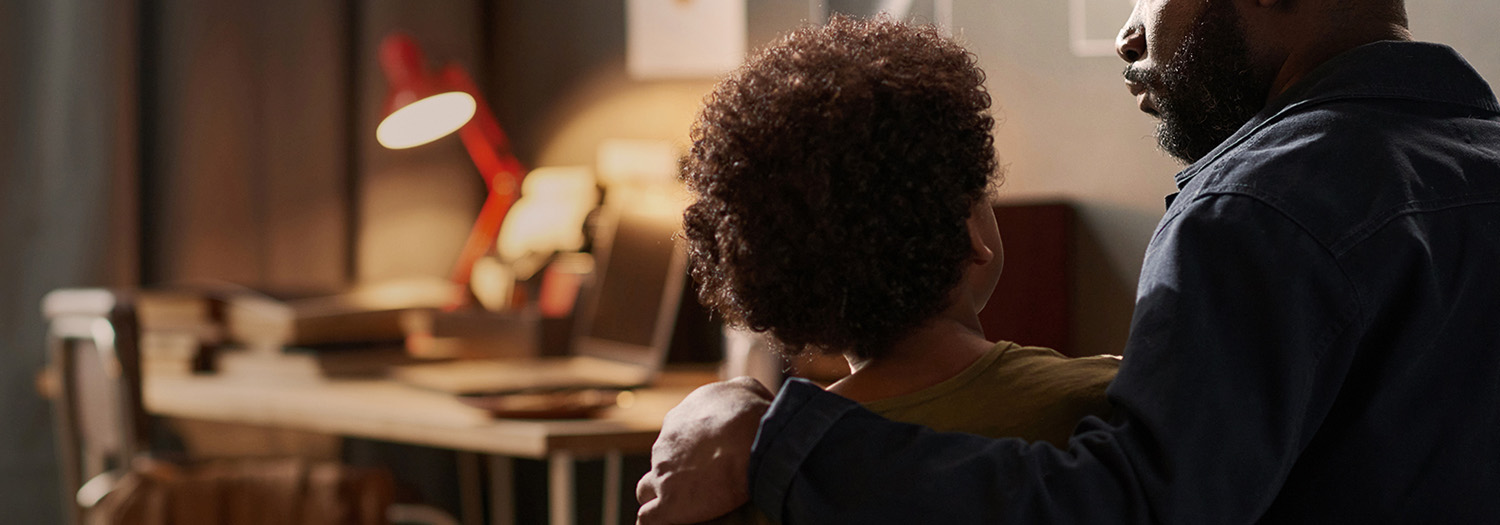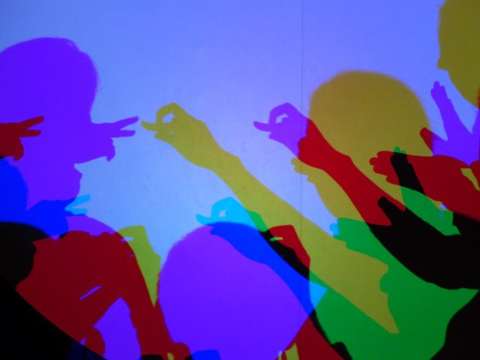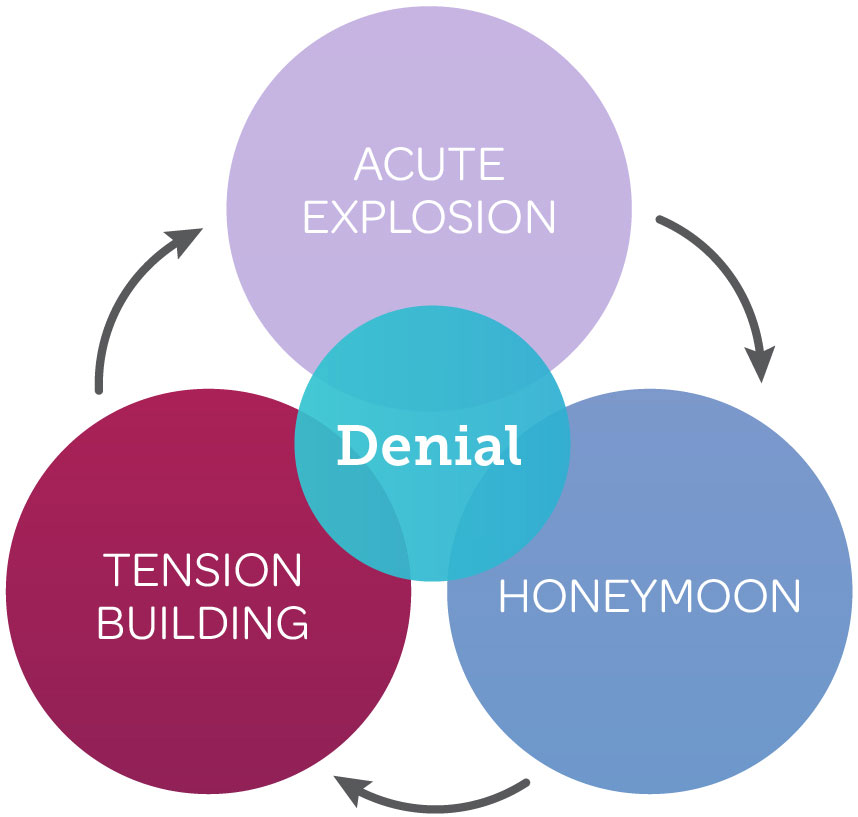
Stay Informed
Creating a community free of domestic violence requires continual information sharing and dialogue. Stay connected with us through the information resources on this page and – please – share what you learn.
Stay Informed
Join Our Email Newsletter
LGBTQ and Domestic Violence

Domestic Violence has no boundaries. It crosses all racial, ethnic, economic, and social lines including sexual orientation. Studies show that the LGBTQ+ (Lesbian, Gay, Bisexual, Transsexual, Questioning, and more) community experiences domestic violence just as much as heterosexual populations. The National Violence Against Women survey found that 21.5 percent of men and 35.4 percent of women in the LGBTQ+ community have experienced intimate partner violence at some point in their lifetime. However, LGTBQ individuals may face several more complex issues in regards to emotional and psychological abuse, which can affect whether or not they will report and seek help.
These reasons include fear of coming out or exposure of their sexuality. Cultural and community acceptance of LGBTQ identifying individuals varies from place to place, ranging from wide-spread acceptance to open discrimination, and abusers sometimes use the threat of exposure to control a victim. There are many individuals who have not yet come out to friends, family, or their work place, and for someone who is in a domestic violence relationship, they will often do all that they can to hide their situation in order to avoid it.
Have empathy, and understand that domestic violence can affect anyone. The Marjaree Mason Center promotes education and advocacy in support of all who have been a victim of a domestic violence relationship. Encourage them to drop by, or call our 24 hour confidential hotline at 559.233.HELP (4357).
